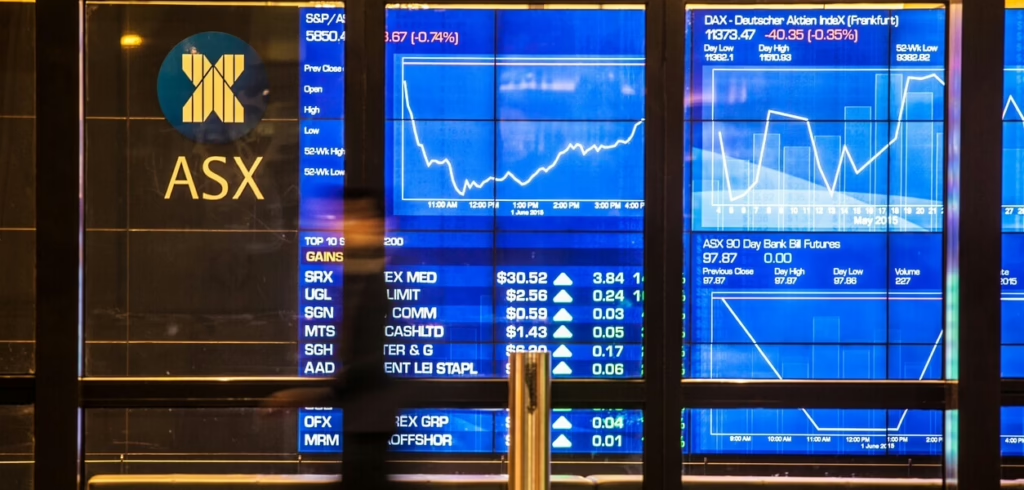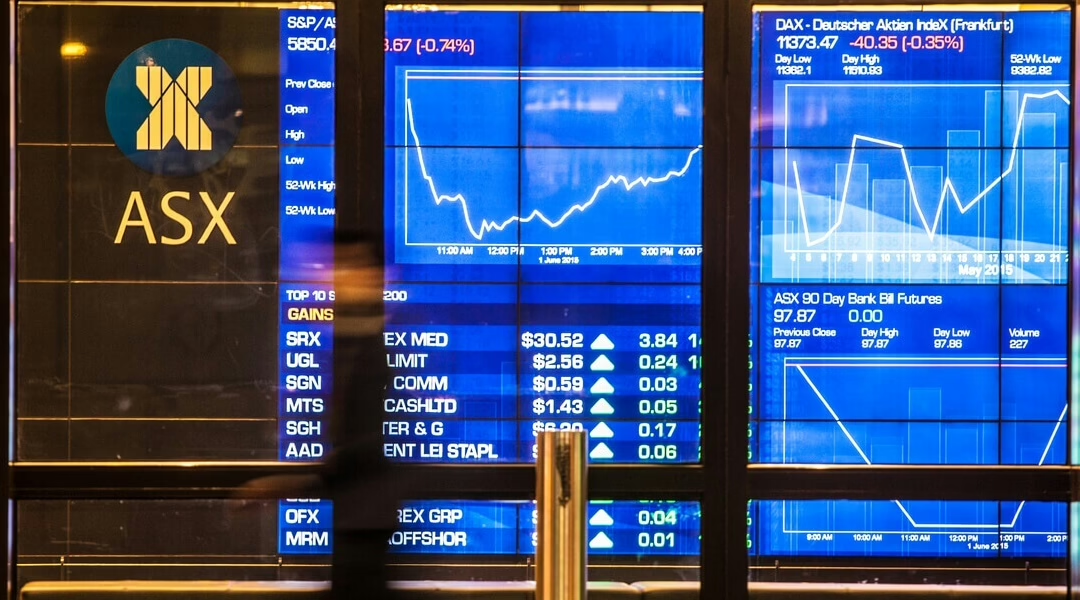
The recent declines in the Australian and global share markets, driven by the US tariff announcements, may be unsettling. Today’s article by Jeremy Duffield aims to provide context and encourage confidence in your retirement future.
Downturns are common
It’s important to remember that market downturns are a normal part of investing. History shows us that these fluctuations, while sometimes sharp, are not unusual. In fact, over the past 59 years, the US market, measured by S&P 500 Index, has experienced a decline of more than 10% on average once every 2.2 years.
While recent falls are significant, it’s crucial to move beyond a very short-term perspective. For example, while Australian share markets are down 15% from their February highs (as I write), the ASX 200 is only down 5% from where it was on 30 June 2024, and dividends (paid during this period) would have reduced that loss. International shares, counted in a weaker Australian dollar, are at about the same value as at the beginning of the financial year.
Over any longer term period, the risks of diversified share market investing have been well justified by higher returns than were available from more conservative investments. For instance, for the 10 years ending December 2024, the Australian share market posted a return of 8.3% per year annualised and international shares delivered even higher returns. That’s why your super funds have very substantial holdings in shares in Australia and across the globe.
Attempting to time the market – selling during downturns and buying back in later – is rarely a successful strategy. It requires getting two decisions right, and the risk of missing out on the market’s recovery is high. In most previous difficult situations, it has been best to hold on, to ignore the downturn and to count on better news ahead. I wrote about this in more detail in early January this year.
For Australian retirees, the Age Pension provides an important safety net. Importantly, for those receiving the part-Age Pension, the payout can actually increase when asset values fall. The Assets Test increases the part-Age Pension by approximately $78 per year for each $1,000 reduction in assessable assets. This means a $20,000 drop in your superannuation balance could lead to an increase of up to $1,560 per year in your Age Pension payments.
We recommend focusing on your retirement income forecast rather than solely on short-term price movements in your super fund or other investments. Your retirement income forecast factors in all your retirement resources including superannuation, investments, the Age Pension, and any work related income. Once all those sources of income are considered, your retirement income is typically much less volatile than concentration on share market fluctuations would make you think. Retirement Essentials advisers are here to provide reassurance and personalised guidance on how much you can safely spend during retirement based upon the specific sources of income available to you. Why not book a Retirement Advice Consultation to review your individual situation and ensure you remain on track to achieve your long-term retirement goals.






Thanks for being a voice of reason in a sea of doom and gloom.
Being patient to ride out the market does not fit well with me. I’m over 70 years of age and in poor health. I’m a realist, life expectancy is not looking that great. I do not qualify for the aged pension due to my combined super funds, being an indexed fund and an accumulation fund. Both are in retirement phases. With my old, indexed fund I lost $65,000 due to the GFC as I had to take early retirement aged 55yrs back in 2009. I did not have the luxury of working longer to make up that shortfall. So, with my other fund which was an accumulation fund I have lost over $6,000. in a short time and that was before the tariffs came in. Most advisors say, stay the course, be patient, you can’t pick the market, your super fund will rebound when the markets are on an upward trajectory etc…. I have already placed all my funds of the accumulation fund into the cash option prior to Tariff Day I do not have that luxury of riding out the storm!